Kate Bush is going viral on TikTok, and finally I have some time for that accursed app.
It’s been a great week to be a Kate Bush fan.
My mum (a 70s baby) introduced me to the queen of big hair and big sleeves when I was wee.
We’d prance about the living room shrieking to Heathcliffe as Wuthering Heights played, and ever since, I’ve had a soft spot for Bush’s not-so-dulcet tones and unabashed drama.
So when season four of Netflix’s 80s themed sci-fi drama Stranger Things aired last week, featuring her 1985 lead single Running Up That Hill (A Deal With God) as the song which – stay with me, folks – saves the life of teenager Max Mayfield (Sadie Sink) from a mind-invading demon, I couldn’t wait to see what TikTok would do with it.
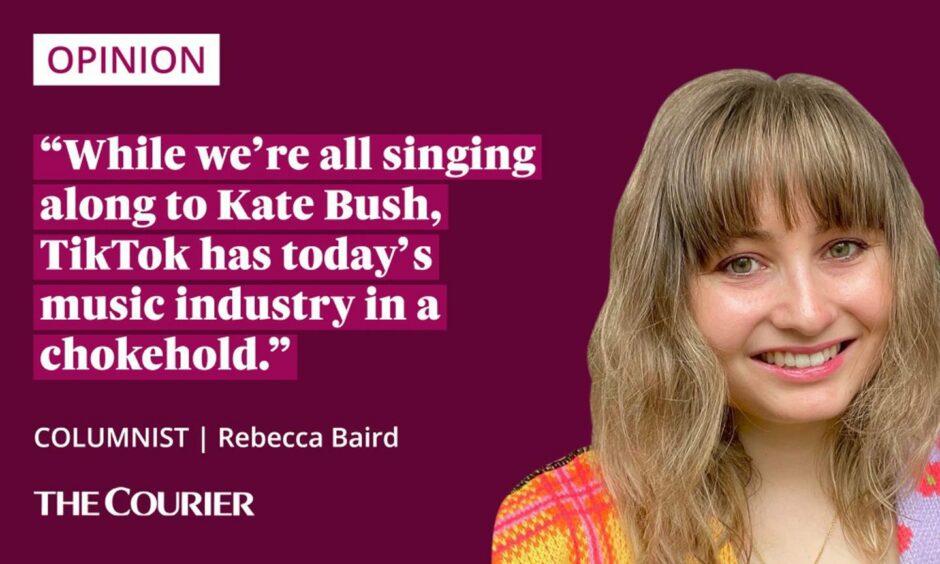
As usual, Gen Z did not disappoint.
A slew of edits followed, with people using a clip of the song to parody the iconic scene and make it into a relatable meme – “when your airpods die”, “when you forget you don’t have Spotify premium”, etc.
It’s all great fun.
But undoubtedly the best part has been watching a whole new generation of kids discover Kate Bush’s music, and become genuinely enthralled.
@baconwithsyruppp
Some have even raided their older relatives’ record collections as a result, looking for the original Hounds Of Love vinyl.
Welcome to the coven, Gen Z
It’s class to see generations bonding over such a brilliant track.
It’s also vindicating, in a strange way, to see an artist you admire so much gaining new waves of recognition.
@sloopyflooop ♬ Running Up That Hill (A Deal With God) [2018 Remaster] – Kate Bush
Kate Bush was hardly underground before, but according to the artist herself, this week-long eruption of TikTok popularity has given Running Up That Hill “a new lease of life”.
And that’s reflected in the charts, too. Since the episode aired and the song went TikTok viral, Running Up That Hill has landed Bush her first ever US Top 10 hit.
This is an artist who has been making music for more than 40 years.
And that’s the power of TikTok – giving long-overdue mass appreciation for music which stands the test of time.
Which, for nostalgia-heads like me, is pretty cool.
The teens discovering Kate Bush via Stranger Things meeting the coalition of witches, former goths and Sylvia Plath-reading homosexuals who’ve stanned her their whole lives. pic.twitter.com/1NhzO1lUQs
— Nick Cordingly (@nickcordingly) June 8, 2022
But the power of TikTok is also, sadly, screwing over current artists who are trying to make music in the first place.
‘Go TikTok viral’ – the new musician’s curse
Because while we’re all doing interpretive dance in vintage nighties and singing along to Kate Bush, TikTok has today’s music industry in a chokehold.
And some of the industry’s more powerful artists have begun speaking out about labels holding songs hostage and refusing to release them until they have gone viral on TikTok.
Big names like Florence Welch (of Florence + The Machine), Halsey and even stadium-packer Ed Sheeran have been outspoken in their frustration towards this new, allegedly industry-wide demand.
All three have made and shared TikTok videos where they admit to fans that they’re being forced to make them, because their labels won’t let them release music unless they go viral.
A hill to die on – not to run up
Ironically, these videos themselves have blown up, leading fans to question whether the indignance and artistic integrity is actually performed.
Some folk reckon it’s just another sly marketing plot, designed to get fans to sympathise with the artist and share the music more and more.
Personally, I don’t think so.
Pouty millionaire isn’t a great look, and these artists know they don’t need the money from further sales.
So I like to believe they’re genuinely trying to use their sway to nip this nonsense in the bud.
Talked to my label tonight after my tiktok tantrum. They said “wow the tiktok is going really strong!” I was like ok cool so can I release my song now? They said “we’ll see!” 🙃 tell me again how I’m making this up.
— h (@halsey) May 23, 2022
But whether it’s real graft or total grift doesn’t matter much to me – as a music lover, the TikTok-ification of tunes is grinding my gears.
No soul in the doomscroll
It’s bad enough (if true) for these established artists with loyal, massive fan followings that can help them hit those big numbers.
But where does it leave the up-and-comers, who haven’t got that yet?
If labels adopt this demand for TikTok viral tunes as an industry standard for release rights, artists will be forced to spend more time cultivating a social media following than actually making their art.
And if an artist isn’t putting their heart and soul into their art, who is even going to want it?
I certainly don’t. It’ll be crap.
And if it’s crap, it won’t go viral. So then how can artists make enough money to support themselves enough to make anything good, if their stuff isn’t being released because it’s not going viral? And breathe.
See the problem?
This isn’t just a vicious circle; it’s a malignant spiral, collapsing inward on itself, until the marker of a good song won’t be its musicality or its lyricism, its heart or its soar.
It’ll just be how quickly it can burrow into a teenage brain amid the neverending audio doomscroll.
I dunno about you, but to me, that sounds more hellish than Vecna’s lair in Stranger Things.
Kate Bush can break the TikTok curse
But just like in Stranger Things, I reckon Kate Bush can break the music industry curse that is ‘going TikTok viral’.
Because to use a song’s immediate online popularity as a metric of its value is flawed.
TikTok is a cultural hall of mirrors, reflecting what’s popular more often than generating it.
Running Up That Hill is our real-time proof of that.
It’s been around for 37 years, and only now is it at its most popular.
TikTok didn’t cause that, it just showed it. And the whole online sensation of this week is standing on the shoulders of the song’s own legacy.
A legacy can’t be built out of anticipation and teasing. It takes time.
The folk at TikTok know this. The platform’s chiefs are all about mining back catalogues for gems to show the next generation.
So I hope greedy record labels take their feet off the necks of current artists, and let them do what they’re best at – making new art – instead of forcing them to carve an online legacy out of wishes and one half-decent hook.
Investing in lasting expression, rather than cheap attention, will pay off more in the long-term – in the charts and at the bank. Just look at Kate.
And if it takes 37 years, so be it. Roll on 2059.
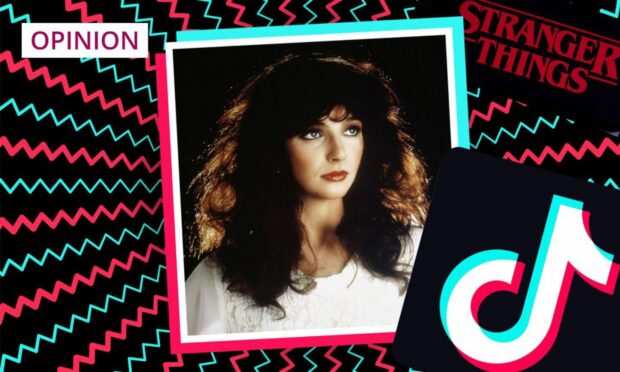

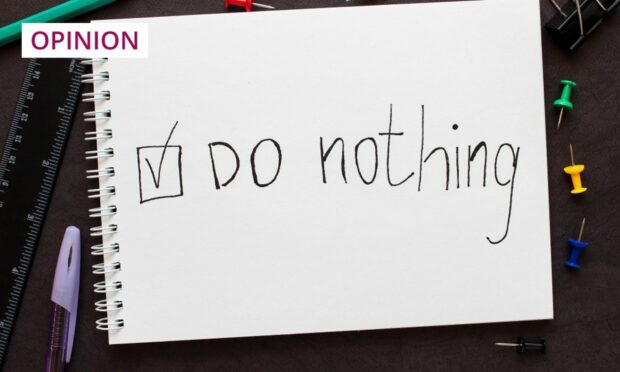
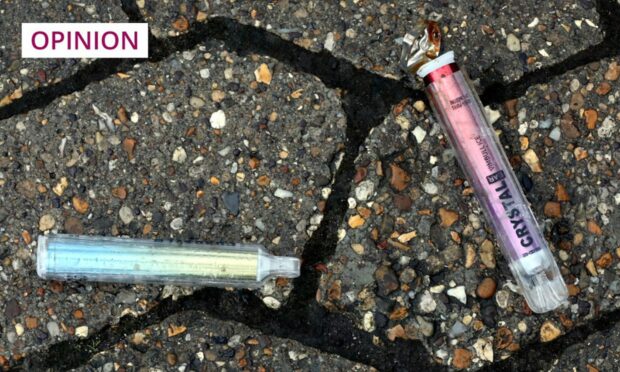

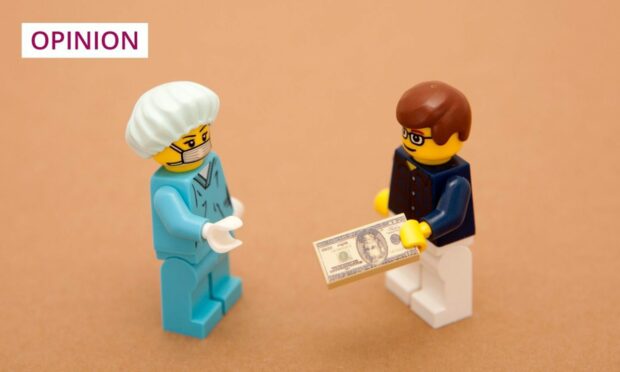
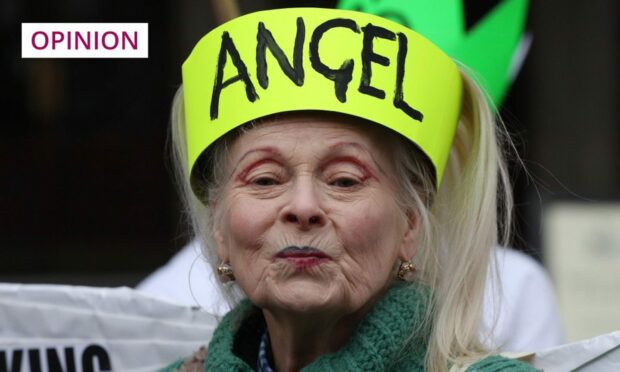



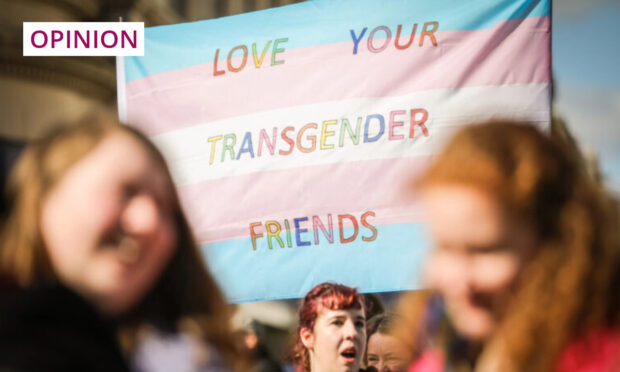







Conversation